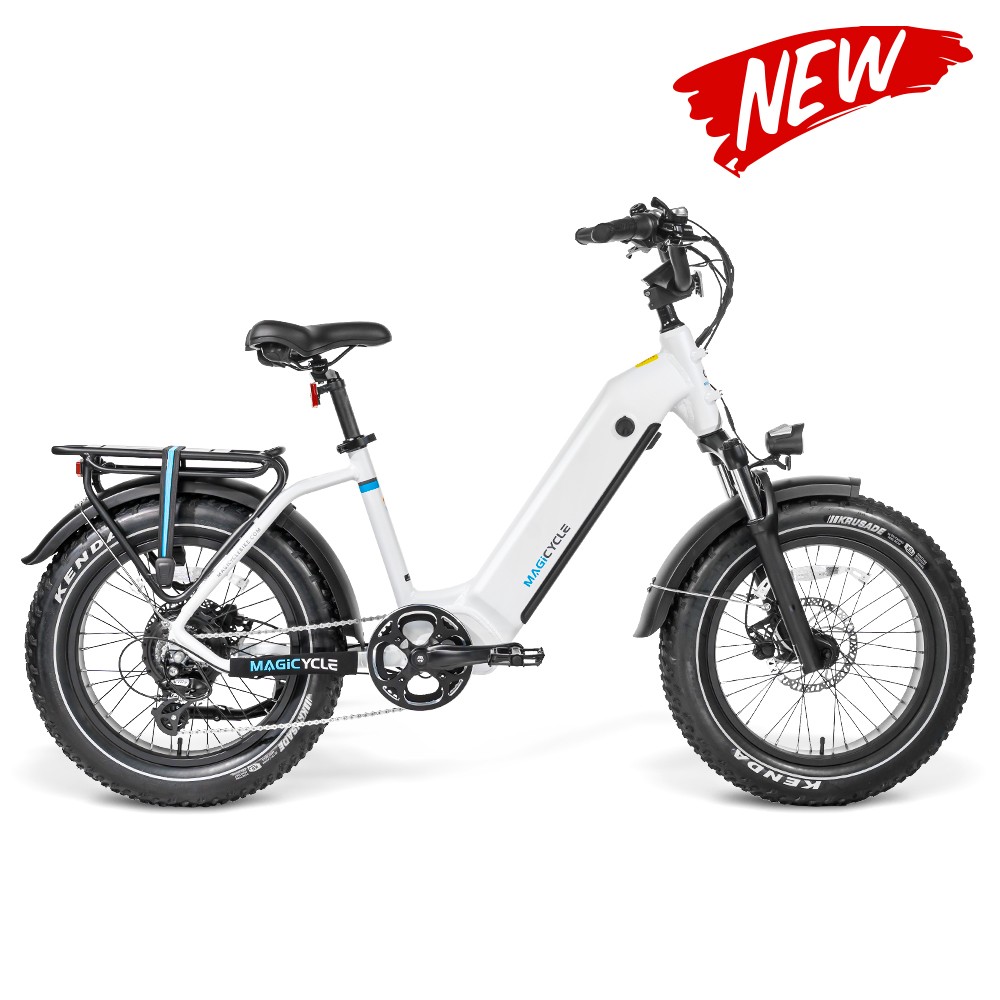Having your bike stolen is a truly devastating experience, and not just because of the financial difficulties involved in buying a new bike, or claiming insurance.To get more news about ebike lock, you can visit magicyclebike.com official website.
Although cases of bicycle theft were falling in the years 2017 – 2020, this number rose dramatically during the first Covid 19 lockdown in April. An increase in cycling meant an increase in thefts. It’s estimated that close to 115,000 were stolen in the first year of Covid in the UK.For many of us, bikes are very personal and beloved things. Naturally, we want to keep them safe. There are various things you can do to protect your bike from theft, but the first and most obvious one is to get a decent lock.
The type of lock you use will depend on your needs. For many it’s about finding a balance between something that is easy to carry and will provide decent security.

Nowadays there’s a wide choice of excellent locks that, combined with sensible choices about where you leave your bike and for how long, should provide peace of mind.
What is a Wearable Bike Lock?
Put simply, a wearable bike lock is one that you can wear around your waist, or are light and small enough to be clipped easily onto a belt loop, bag, or anything else.
Many bikes have a mount for a D-lock. For those that don’t there are different options – a pannier, backpack, or leaving the lock at a destination if it’s a regular parking spot. But if you like to ride light, carrying a heavy D-lock isn’t always desirable.
There are similar issues with a chain. Decent chain locks are heavy things. They provide far more flexibility in terms of locking the bike up, which is why some people prefer them. But they can be bulky and cumbersome to carry.
Bike chain locks that are designed to be worn are a completely different story. Wearing a chain around the waist, even if it is on the heavier side, feels far less heavy than carrying it in a backpack.
Types of Wearable Bike Lock
The main types of wearable bike locks are ‘belt’ bike locks that are worn around the waist or hips, wearable D-locks that can be pocketed (or attached to a bag or a belt), or ultra-lightweight circular locks for ‘grab and go’ protection.
Wearable ‘belt’ bike locks are designed with a clasp that releases easily. These can be chains or more rigid circular locks, of varying thickness.
Wearable D-locks are lightweight and small, but can still have maximum security ratings. Locking options are more limited due to their small size, so you do need separate locks to secure your wheels.
Locks such as the Ottolock Hexband are incredibly lightweight and can be carried in a pocket or attached to the bike, a belt, or anything else. They are versatile and strong but are not designed for leaving the bike for long periods. They’re ideal for quick stops where you need grab and go protection.
Are Wearable Bike Locks Safe?
Bike locks that are specially designed to be worn around the waist are safe, because they attach with fastenings that are never locked when worn. In the unfortunate case of an accident, they can be easily removed.
This is an important safety feature. Locking a chain around your waist is not a good idea if it requires a separate key or combination to unlock it. If you do come off the bike and are injured, the last thing you want is someone spending time trying to remove it, or looking for the key.
Hopefully, of course, this will never happen. But the reality is, if you’re wearing a chain that can’t be easily removed, it could impede access to any injuries and much needed medical attention.
|

















コメント
コメント:0件
コメントはまだありません